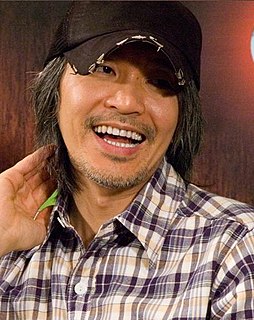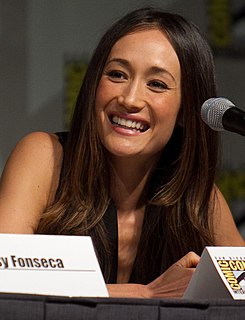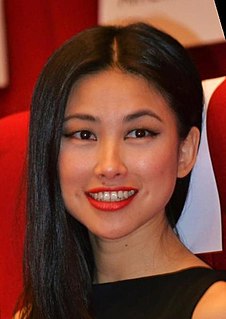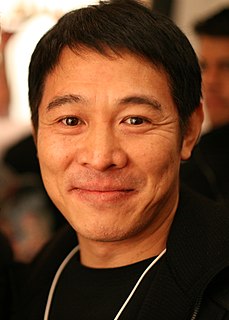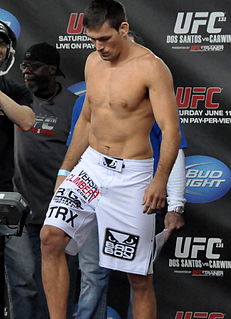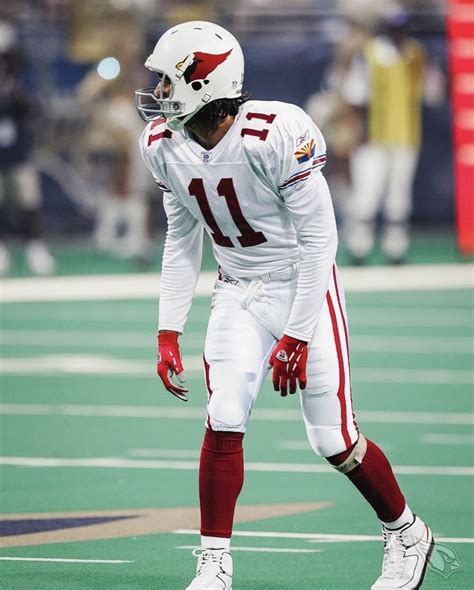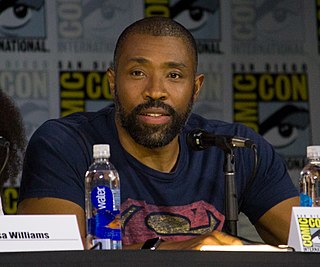A Quote by Wong Kar-wai
To make a film like 'The Grandmaster,' I know I'm not going to make just a standard kung-fu film; it's not going to be just tricks or like wire works. So I spent seven years on the road interviewing different schools and a lot of real grandmasters from Chinese martial arts.
Related Quotes
In my mind, martial arts movies are martial arts movies and action is action. It's quite different, because martial arts doesn't just have physical form; you have a philosophy, internal and external. A lot of it involves your life. How you see the world. An action film I think is just about the movement. I think it's different.
I started training judo when I was 5 years old. I didn't know much. My mom just took me and my brother to do some judo because we were very energetic. We did that for a couple of years. I don't know why we stopped, but I came back to try other forms of martial arts like kung fu and karate when I was 12 and never stopped.
One of my favorite things about the Kung Fu Panda 3 is the look of it. We never go for realism. I think a lot of time when people go for 3D that's the mistake. Because we're never going for full realism - for computer generated live action films like Avatar the goal is realism, to make the audience feel like they are seeing something that is real. Lord of the Rings had character design and environments to make it look real, whereas we aren't going for that, we are going for something that is theatrically, viscerally, and emotionally real.
Well we've got to do a lot of kung fu choreography, which was really cool. Like I have, you know, like the big hammer that I use, kind of like a staff in a sense. So I get to use that like a really cool weapon. Kung fu style. And it's just really fun to get to learn that and execute it in a way that looks cool on screen. It just feels really rewarding.
We wanted the elemental 'bending' to be based on authentic Chinese traditional martial arts, believing this would lend a beauty and resonance to the animation and the fictitious disciplines. Once we had that idea, I started looking for a Kung Fu teacher/Martial Arts consultant. My search led me to Sifu Kisu and I began training with him right away.
On 'Black Lightning' I have a stunt double who's a lot younger than me. The fighting style on the show is heavily martial arts-based, and I know boxing; I don't know martial arts. I also have a really bad knee, and he's been doing martial arts since he was 6 years old, so I'm not thinking, 'No, I can do that! I can make that look cool!'
Back in the Bruce Lee era, and in my era, Kung-Fu stirred up a kind of frenzy, and many people were learning martial arts from us. But about a decade ago, Hollywood began bringing in a number of our action choreographers, including two from my own stunt crew, where they became martial arts directors. Now, a decade later, Hollywood has learned it all, so when you look at the action films they're making now, they all use our action, our martial arts, and then add to that their own technology which is ten times better than ours, and it has to leave us dumbfounded: how did they film that?

